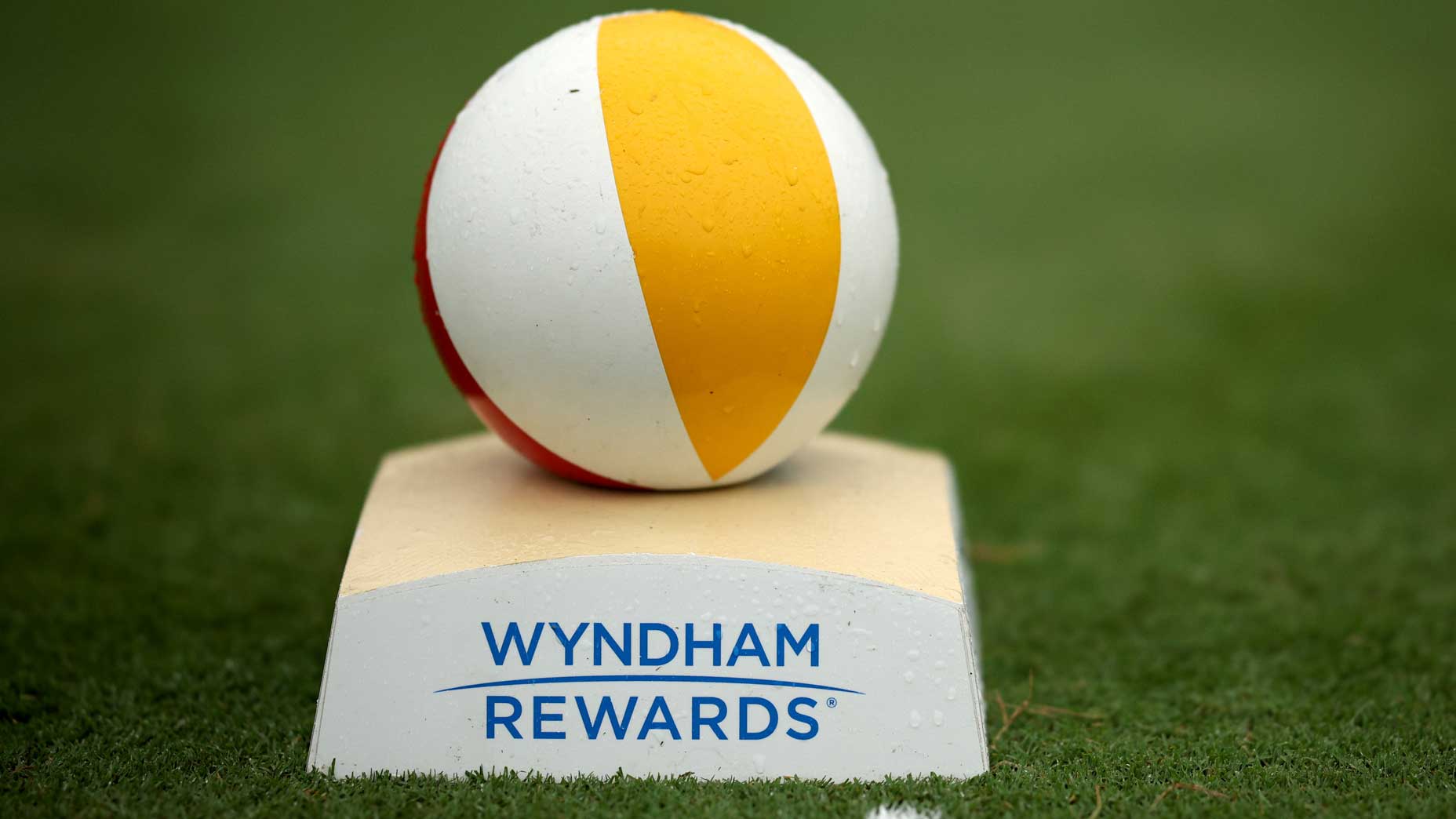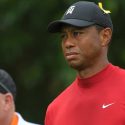 2024 Wyndham Championship: How to watch, TV coverage, streaming info, tee times
2024 Wyndham Championship: How to watch, TV coverage, streaming info, tee times
Okay, you try it! 8 pros on how they would handle the U.S. Open setup
Paul Casey would channel The Beatles. Stenson would end the Ping-Pong matches. DeChambeau can’t go on without returning the friction value to acceptable levels. We surveyed some of world’s greatest golfers — including the owner of the U.S. Open’s record 72-hole score and five different major winners — to ask what they’d do with the U.S. Open setup if given the reigns by the USGA. In short, there’d be no Shinney-like shambles. And going low would be a high.
Paul Casey: “Just let it be. I would take a more organic approach, similar to the R&A at the Open Championship: I’d let the elements dictate the score. I wouldn’t try messing with Mother Nature, because golf is Mother Nature. If the sun shines and it cooks the place out, great! If it rains all week and it’s sopping wet and we shoot 15 under, so what! Is it less of a championship? No. The [USGA] cops a lot of grief, probably rightly so. The reason U.S. Opens seem to go awry is because they overthink it. Shinnecock is one of the world’s greatest courses; it’s in my top five. It’s already extremely difficult. Pebble is the same. There’s no need to overthink it.”
Rory McIlroy: “I would let the greens get a little firm and have the rough up a little. Put a premium on accuracy, because Pebble is not too long. You don’t have to trick it up. The greens at Pebble can get purple and really dark in the summer. Just use common sense and we can avoid what happened at Shinnecock. Going forward, we’ve got venues like Winged Foot, Torrey Pines, Pinehurst — so many great traditional golf courses — and you can’t mess with them. You set the course up so it plays tough and you let the guys go and play. It’s simple!”
Jason Day: “What makes the U.S. Open is that it’s a major, first and foremost. It’s about the players in the event. Once the USGA starts becoming the attraction at the U.S. Open, it takes away from the tournament itself and the champion. I would take a step back and let things happen. I wouldn’t want people talking about the controversies that have happened over the years with rules and the course setups. I also wouldn’t have a problem with a champion finishing under par. You’ll find that single-digit winners under par are very respected.”
Sergio Garcia: “You know the U.S. Open is going to be tough. If you miss fairways, it will be brutal. Pebble Beach is a course that has small greens, and if it plays firm, like it should in June, it’s tricky to hit it close to the flags. I like tough conditions, as long as they aren’t over the top. I would set it up difficult, but not so it gets crazy. I enjoy tough courses because they are where I play my best golf. I’d rather it not get ridiculous, where you can’t putt or chip because the ball doesn’t hold. There has to be a happy medium.”
ADVERTISEMENT
Bubba Watson: “People are going to say, ‘Bubba hits less fairways, so he would widen the fairways.’ I probably would, because you’re going to be able to shoot for pins but still have really tough scores with rock-hard greens. I don’t think what the [USGA] has been doing is truly that bad. As I get older, I realize that half the courses on Tour are going to favor me and half aren’t. I’ve never played a U.S. Open at Pebble Beach, so I don’t know what to expect. The one I remember was Tiger Woods in 2000. He was 12 under, and the other tournament going on was three over.”
Eddie Pepperell: “Deep in their hearts, everyone is waiting for the end of the world to come, aren’t they? When I watch golf and see players suffer and struggle, I enjoy it because I don’t relate that much importance to it. That includes myself. Saturday of the U.S. Open at Shinnecock was the most fun I’ve had watching a golf tournament on television. Everyone was losing their heads. From the human perspective, it’s always more entertaining when it’s really tough. They can set it up as hard as they want, because it’s quite entertaining. It’s only four rounds a year. It doesn’t bother me.”
Henrik Stenson: “I personally don’t like it once it goes overboard and some of the best players in the world are playing ping-pong around the greens. That’s not what I would aim for. I admire the art of being able to keep the winning score close to par. But I would not maintain that going forward with the venues we’ve got. I don’t think anybody would have a problem with someone winning a U.S. Open with seven under par instead of one over and everybody moaning about it being ridiculous. That’s what I would aim for.”
Bryson DeChambeau: “I would allow for a little more error, because none of us are that good. My issues with the past couple of U.S. Open course setups is that now it’s a physics issue. The laws of physics don’t allow the ball — with that friction value and the way we play the game — to work. You get a friction value on a green with a certain amount of slope, and you can’t hold the ball on that green. Any minor deviation from perfect results in too big of an error away from the flag. It brings luck too much into deciding the champion. They pushed those limits, which is great, but you never want to have a tournament that goes too far.”
ADVERTISEMENT







